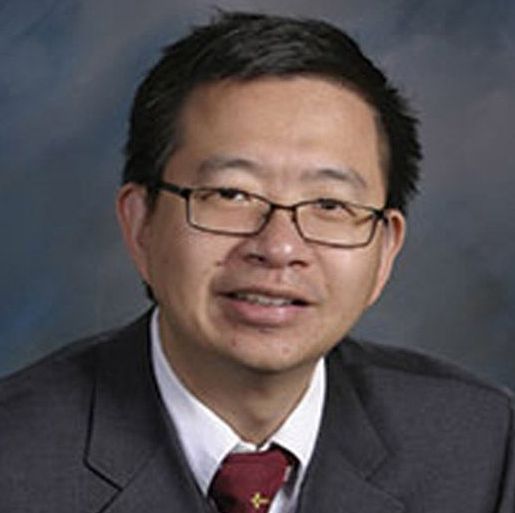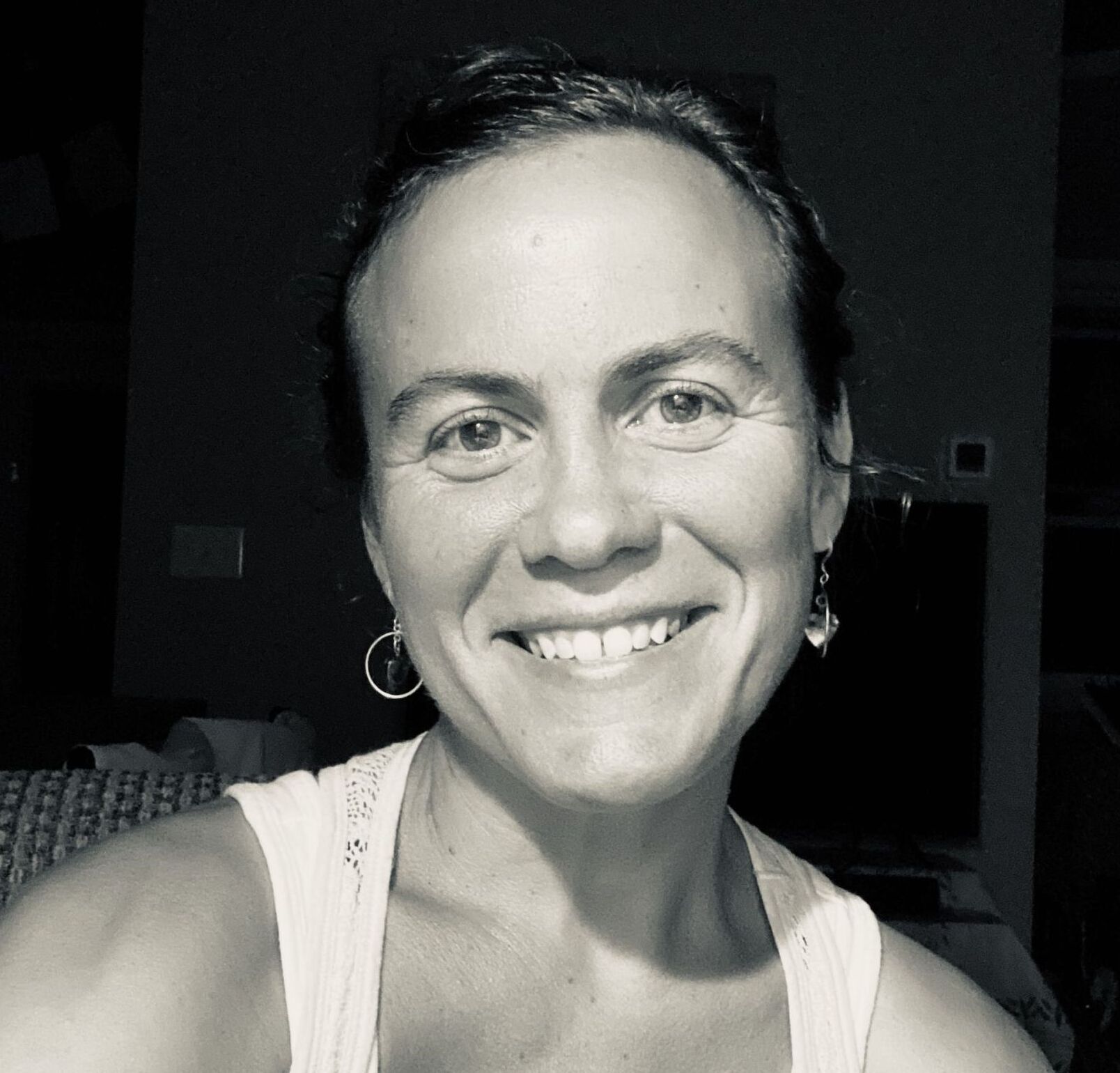In this episode, we explore small steps that you can take to begin your career transition.

While I generally prefer to bring you interviews with experts or physicians who have completed a career change, today is a solo episode.
The Thanksgiving holiday presented some challenges to the podcasting process.
First, potential interviewees were not available. More importantly, my wife and I decided to take a cross-country trip driving our oldest daughter’s car from Chicago to San Diego. We covered about 2300 miles in three days. That included a side trip to the Grand Canyon and Sedona, Arizona.
It was a good trip. My wife and I got to know each other even better than we already did! We spent Thanksgiving Day with our daughter and had a very nice visit in unseasonably warm San Diego.
I hope that you had a great holiday with some time to relax and spend time with family.
Podcast Review
Before I get to the main content of today’s episode, I want to do a quick review of another physician podcast. You might remember that I reviewed Docs Outside the Box last week.
This week I’m going to talk about Doctors Unbound, presented by Dr. David Draghinas. David is an anesthesiologist practicing in the Dallas area.
According to David’s web site Doctors Unbound is presented “First, to help physicians reach the next rung of success by learning from their peers that have gone before them. There are so many talented doctors out there doing all sorts of amazing things. You will hear many of their stories here. Secondly, to help uplift and provide a positive image for the physician community.”
The content has been interesting and inspirational. Just two months old, the podcast includes interviews with physician inventors, entrepreneurs, a real estate expert, writers, a fellow podcaster and investment experts.
I’m a subscriber and I look forward to each new episode. I encourage you to follow his podcast. You can find it by looking for Doctors Unbound on iTunes or Stitcher, or by going directly to his blog at doctorsunbound.com
Over the next few weeks I’ll continue to tell you about other podcasts by physicians for physicians.
Now let’s get started with our main content.
Take Small Steps
I’d like to provide my advice for getting a start on your journey.
I’m going to assume that you are committed to making a career change. You’ve already ruled out continuing your current work in a different setting or somehow shifting gears in your current practice. Like me, you have concluded after much soul-searching that you’re not well suited to your current practice.
I remember getting more and more frustrated in my small group practice. Over time I seemed to attract the neediest demanding patients. Many of them made little attempt to follow my regular recommendations to eat better, exercise, monitor their glucose levels, lose weight or take their medications as prescribed.
And with each passing year, it seemed the medication refills, pre-authorizations for testing, FMLA forms and other paperwork increasingly pulled me away from my real work and consumed my time.
At the same time, I was drawn to making a difference in larger groups of patients. I liked the idea of improving medical care through quality improvement and patient safety initiatives.
But making such a change was frightening. As we discussed in the last interview with Michelle Mudge-Riley, there are all sorts of self-doubts that held me back.
However, gradually time, I took small steps to change my situation, eventually leading me to a challenging and fulfilling career.
Today, I’d like to discuss how you can take small steps to begin the process of career change. Steps that are not irreversible and not very scary.
Andrew's Story
This topic reminds me of a story about a guy named Andrew. He worked hard, went to years of schooling and pursued his profession. He was honest, loyal, and dedicated.
But, like many of us, things didn’t turn out exactly as he expected. And one day, he woke up and discovered he was trapped, surrounded by others in a similar situation, doing work he didn’t enjoy, working for a boss who became more unbearable with each passing day.
Eventually, he reached the end of his rope, and was on the verge of suicide. But one day, a light went on. He clung to a thread of hope, and began to develop a plan. And he slowly implemented that plan, one step at a time.
He came to believe what Confucius had written thousands of years ago, that a man can move a mountain by carrying away small stones.
And that’s what Andrew did. He literally started with small stones until the day came when he escaped his prison and began a new life.
Who Was This Man?
He appears to be like many men and women trapped in a career they no longer desire. It sounds a lot like me, after realizing I needed something more.
Like Andrew, when I reached my breaking point, I began talking little steps to start moving in a positive direction.
Little steps like:
- preparing a resume;
- finding a mentor or two;
- joining an organization with resources I could access;
- seeking additional education and training;
- working on a nonprofit board to develop new skills; and,
- seeking certification in an area of interest.
So, who was this Andrew guy? Was it a disgruntled physician?
Actually, no. Andrew isn’t a real person.
Many of you know him as Andy Dufresne, the unjustly imprisoned banker in the movie Shawshank Redemption. If you remember in the movie, Andy tried to maintain a positive attitude during his incarceration, but was constantly beaten down.
He reached a point of resignation and despondency. But something changed. Even as he seemed broken by the warden, he became quietly optimistic. He methodically performed his daily duties in spite of their meaninglessness.
He created a plan with infinitesimally small steps and chipped away at the wall that imprisoned him. As he continued, he literally removed pieces of the wall and built a tunnel, pebble by pebble. Andy prepared a little bit each day. Until finally, the opportunity presented itself and he made his move, leaving the prison behind.
That’s what I want for you. You’ve come too far, delayed gratification for too long, helped too many people along the way to NOT chose a career that is meaningful and rewarding, and brings you joy.
Push Through the Doubts and Fears
Of course, you’ll experience failures along the way. But small steps allow you to endure small failures, learn from your mistakes and move on.
Of course, you’ll have to leave your comfort zone to achieve such joy. The discomfort you'll experience is just another word for fear.

One way to address some of your fears has been described by Tim Ferriss. He calls it fear-setting. In a nutshell, it follows these steps:
- Define the worst that could happen if you follow-through on your plan.
- Contemplate the steps needed to repair the damage that would result.
- Now list the more probable outcomes (not the worst-case).
- Define the costs (financial, physical emotional) of not taking action.
- Choose to proceed after recognizing that:
- the worst case is recoverable,
- the probable outcome is good or great, and
- the costs of not taking action are large.
Then, it’s just a matter of embracing the fear and taking action.
Addressing Guilt
You may also ask yourself: How can I leave this profession that I spent so many years perfecting? Isn’t practicing medicine the end of my journey? Can I really abandon it so easily?
My answer to that is simple: Successfully completing medical school and residency, and practicing a specialty for several years is the Starting Point for many careers.
Just look at the job postings on Indeed, ZipRecruiter or LinkedIn Jobs. For hundreds of them, the prerequisite is a medical license, board certification and practice experience.
For many exciting and engaging jobs, being a physician is the beginning, not the end, of the journey. So, what are the small steps to get started? I alluded to them earlier.
Small Steps Toward Career Change
Here is one example of such a process involving small steps:
- Commit to creating a plan.
- Write down the plan.
- Create a plan with SMART goals (Specific, Measurable, Attainable, Relevant and Time-bound) – remember that a goal without a deadline is just a dream.
- The goals might include some of the following small steps:
- Make a list of potential side jobs or career options by reading all of the relevant lists of jobs in books like The Physicians’ Guide to Nonclinical Careers by Robert F. Priddy and Careers Beyond Clinical Medicine by Heidi Moawad (Mo-Wad) or on Dr. MO-Wad’s web site Nonclinical Doctors, or the articles at Physicians Renaissance Network or the list of seminars devoted to specific careers jobs on the SEAK home page. Or go to USAjobs.gov and search for physician executive and other key words.
- Once you have a list of attractive career options, spend a day or two digging deeper into specific jobs and careers
- Join the Facebook Group – Physician Nonclinical Career Hunters and participate in the conversation with others pursuing career change.
- Attend a meeting like those provided by SEAK that will provide guidance for your journey.
- Join a pertinent association such as:
- American Association for Physician Leadership or the American College of Healthcare Executives for information on management jobs
- American Health Information Management Association or the Association of Clinical Documentation Specialists for a clinical documentation careers
- National Association of Physician Advisors or the American College of Physician Advisors for careers in care management
- American Academy of Insurance Medicine
- Other career-specific associations
- Begin to learn new skills that may be of general utility in many careers:
- Writing
- Public Speaking
- Finance and accounting
- Management and leadership
- PowerPoint, Excel and related tools
- Health Information Technology
- Join LinkedIn and begin to work on your profile and your resume
- While on LinkedIn, consider joining groups devoted to non-clinical careers such as:
- AAPL
- ACHE
- SEAK
- Physician Renaissance Network
- Doxodus
- AHIMA
- Medical Advisor Group (Pharmaceutical Industry)
- Medical Directors
- Five groups for Medical Writers
- Several groups for CROs (Contract Research Organizations that serve the pharmaceutical industry)
- Medical Expert Witness
- Consider engaging a personal or career coach if you feel particularly unclear about your strengths and weaknesses, or unsure about which way to turn – coaches such as:
- Identify potential mentors and approach them with one or two simple questions to begin a dialogue.

By spending an hour or two once a week, focusing on these small steps, you will begin a process that will eventually set you free.
Have Faith
I know you can do it.
I know you deserve to do it.
I’m sure it’s what your family wants for you.
A fulfilling career is out there. A career that will bring joy to your life rather than frustration and burnout.
I have faith in you, so get going and find your dream job.
Leave a comment and let me know what’s holding you back.
That’s it for today’s episode. I hope you’ve found it of value.
Next week I plan to present an interview with Timothy Owolabi, M.D. His expertise is in the field of Care Management, and he'll tell us about the role of Physician Advisor.
I'll also be describing an opportunity to join me in making 2018 the best year ever. My wife and I are going to participate in Michael Hyatt' Course 5 Days to Your Best Year Ever.
And I am going to ask you to join me!
Please subscribe to the podcast on iTunes so you don’t miss it.
Let’s close with a famous quote:

Resources
All of the resources mentioned in today's episode can be obtained using the links in the content above.
Right click here and “Save As” to download this podcast episode to your computer.
The easiest ways to listen: vitalpe.net/itunes or vitalpe.net/stitcher








Leave A Comment
You must be logged in to post a comment.